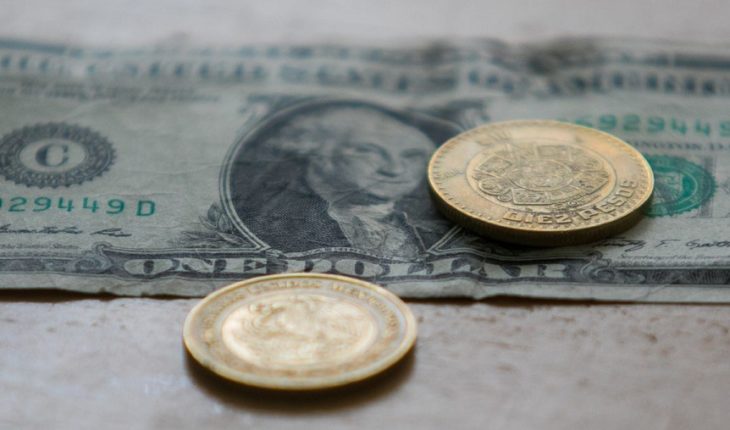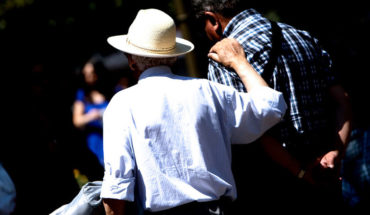The peso starts the week with a loss against the dollar by reaching 23 pesos in bank windows, which means a 4% drop.
This new all-time peso high comes after stock exchanges shrank with significant falls in fear of a far-reaching global recession over the COVID-19 pandemic and the decline in the price of oil.
In Scotiabank the dollar reached 23 pesos; banorte reached 22.35 and AT BBVA at 22.30.
Find out: Neither Cuba, nor China, nor Egypt. Still no drug to cure coronavirus COVID-19
Wall Street and European stock exchanges were collapsing on Monday, as happened hours earlier with Asian squares, and the barrel of Brent oil was also sinking and playing its lowest level since 2016, in a backdrop of panic over coronavirus despite the efforts of central banks.
Wall Street suspended operations just opened on Monday after its S&P 500 index fell more than 7%.
Something similar happened on the Sao Paulo Stock Exchange, which interrupted its operations less than half an hour after the start of the session, when 12.53% fell.
In Europe, the Paris and Frankfurt stock exchanges plummeted more than 10%, London by 8.17%, Milan by 9.41%, Madrid 11.76%.
Previously it had been the turn of Asian squares, which also closed with more and more moderate losses, such as Shanghai (-3.4%), Shenzhen (-4.83%) Hong Kong (-4.03%).
Read more: Coronavirus: in what cases is self-isolation recommended and how should it be done?
The Tokyo stock exchange closed its side in a drop from 2.46% to 17,002.04 points. The Australian stock market instead sank by 9.7%.
Guaranteed recession
The US Federal Reserve (Fed) brutally lowered its zero-reference rate on Sunday, as Donald Trump had been calling for months, to reassure a market heavily affected by the consequences of the epidemic of the new coronavirus.
The Fed lowered its top rates to 0%-0.25% and announced that it was going to market $700 billion. The fed’s last time it fell to that level was in December 2008, amid the brutal financial crisis of “subprimes.”
“Markets understand that the recession is already in fact guaranteed. Authorities help and inject money but can’t stop it,” wrote Jasper Lawler, an analyst at London Capital Group.
In parallel with the Fed, the European Central Bank (ECB) and the central banks of Japan, the United Kingdom, Canada and Switzerland, they made the conditions of foreign exchange exchange between them more flexible, in order to ensure sufficient dollar supply.
However, these measures failed to meet the objective of reassuring markets.
“This gesture currently has no effect on futures indices that were put back into short mode tonight,” said Vincent Boy, market analyst at IG France.
“Shorts” are activated when market volatility is too strong.
With Information from AFP.
What we do in Animal Político requires professional journalists, teamwork, dialogue with readers and something very important: independence. You can help us keep going. Be part of the team.
Subscribe to Animal Politician, receive benefits and support free journalism.#YoSoyAnimal
translated from Spanish: Weight loses 4%; dollar is traded at 23 pesos in banks
March 16, 2020 |





